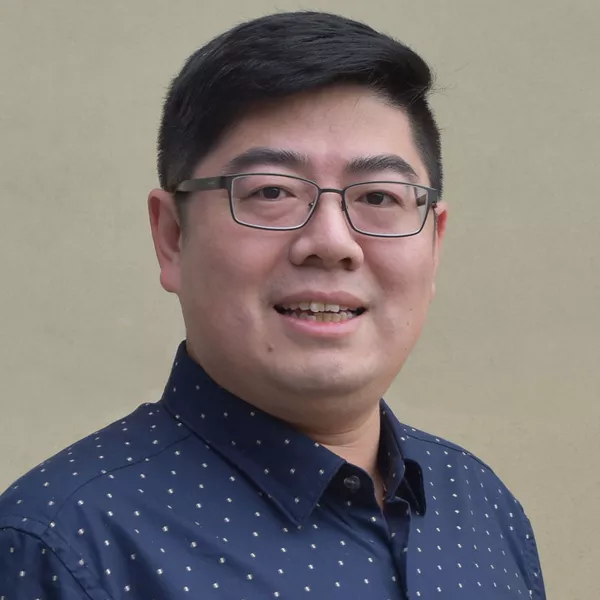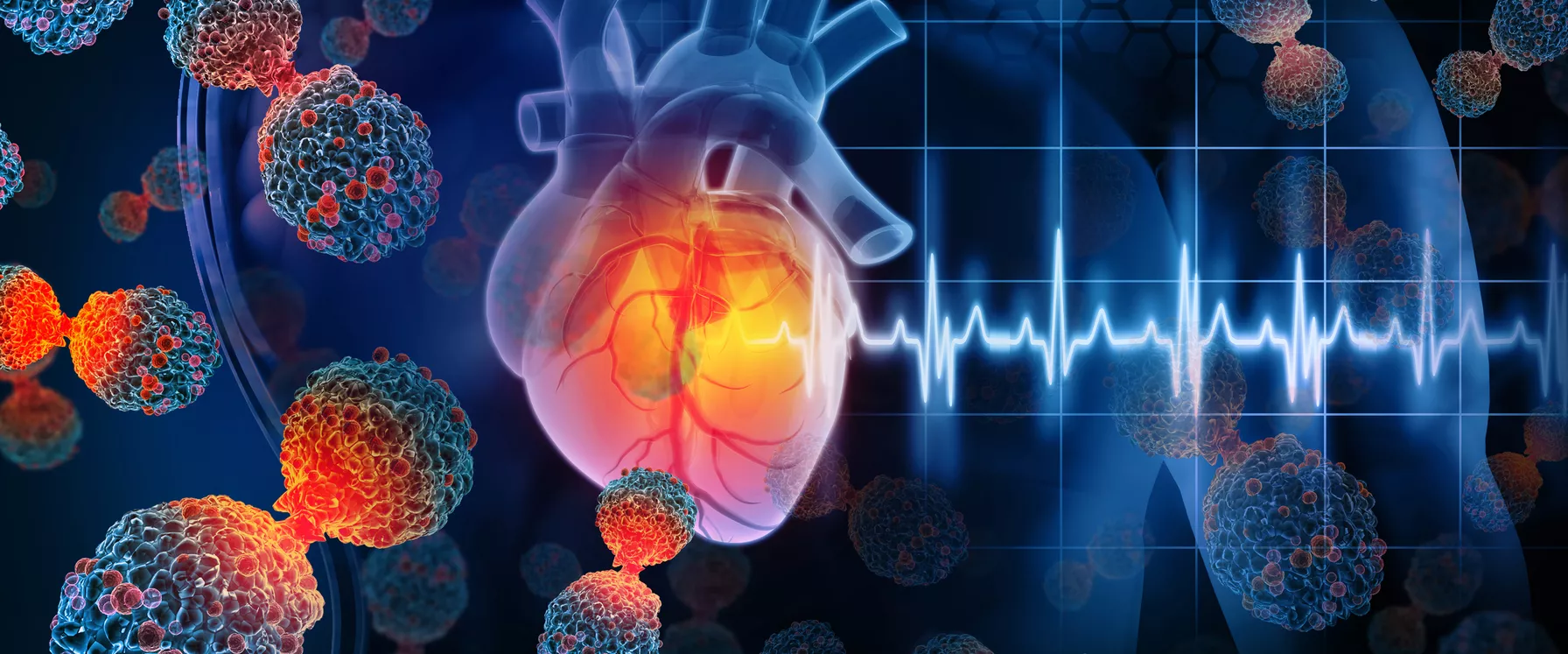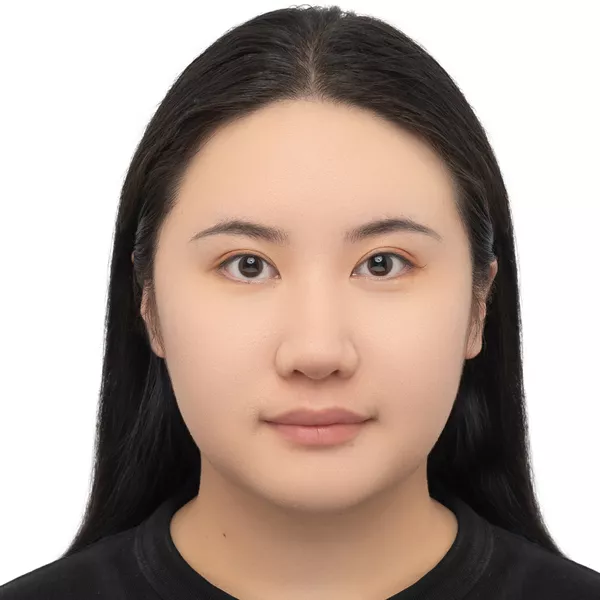
Publications
Aji G, Huang Y, Ng ML, Wang W, Lan T, Li M, Li Y, Chen Q, Li R, Yan S, Tran C, Burchfield JG, Couttas TA, Chen J, Chung LH, Liu D, Wadham C, Hogg PJ, Gao X, Vadas MA, Gamble JR, Don AS, Xia P, Qi Yanfei. (2020). Regulation of hepatic insulin signaling and glucose homeostasis by sphingosine kinase 2. Proceedings of the National Academy of Sciences of USA (PNAS). 117: 24434-24442. (Yanfei, senior author).
Jiang YC, Lai K, Muirhead RP, Chung LH, Huang Y, James E, Liu XT, Wu J, Atkinson FS, Yan S, Fogelholm M, Raben A, Don AS, Sun J, Brand-Miller JC, Qi Yanfei. (2024). Deep serum lipidomics identifies evaluative and predictive biomarkers for individualized glycemic responses to successful weight loss: a PREVIEW sub-study. The American Journal of Clinical Nutrition. 120(4): 864-878. (Yanfei, senior author).
Liu XT, Huang Y, Liu D, Jiang YC, Zhao M, Chung LH, Han XD, Zhao Y, Chen J, Coleman P, Ting KK, Tran C, Su Y, Dennis CV, Bhatnagar A, Liu K, Don AS, Vadas MA, Gorrell MD, Zhang S, Murray M, Kavurma MM, McCaughan GW, Gamble JR, Qi Yanfei. (2024). Targeting the SphK1/S1P/PFKFB3 axis suppresses hepatocellular carcinoma progression by disrupting glycolytic energy supply that drives tumor angiogenesis. Journal of Translational Medicine. 22: 43. (Yanfei, senior author).
Liu XT, Chung LH, Liu D, Chen J, Huang Y, Teo JD, Han XD, Zhao Y, Guan FHX, Tran C, Lee JY, Couttas TA, Liu K, McCaughan GW, Gorrell MD, Don AD, Zhang S, Qi Yanfei. (2022). Ablation of sphingosine kinase 2 suppresses fatty liver-associated hepatocellular carcinoma via downregulation of ceramide transfer protein. Oncogenesis. 11:67. (Yanfei, senior author).
Wang H*, Ma Q*, Qi Yanfei, Dong J, Du X, Rae J, Wang J, Wu WF, Brown AJ, Parton RG, Wu JW, Yang H. (2019). ORP2 delivers cholesterol to the plasma membrane in exchange for phosphatidylinositol 4, 5-biphosphate (PI(4,5)P2). Molecular Cell. 73: 458-473. (Yanfei, co-first author).
Pagac M*, Cooper DE*, Qi Yanfei, Lukmantara1 IE, Mak HY, Wu Z, Tian Y, Liu Z, Lei M, Du X, Ferguson C, Kotevski D, Sadowski P, Chen W, Boroda S, Harris TE, Liu G, Parton RG, Coleman RA, Huang X, Yang H. (2016). SEIPIN regulates lipid droplet expansion and adipocyte development through modulating the activity of glycerol-3-phosphate acyltransferase. Cell Reports. 17: 1546-1559. (Yanfei, co-first author).
Qi Yanfei, Kapterian TS, Du X, Fei W, Zhang Y, Dawes IW, Yang H. (2016). CDP-diacylglycerol synthases regulate the growth of lipid droplets and adipocyte development. Journal of Lipid Research. 57: 767-780.
Holm A, Graus MS, Wylie-Sears J, Tan JWH, Alvarez-Harmon M, Borgelt L, Nasim S, Chung LH, Jain A, Sun M, Sun, Brouillard P, Lekwuttikarn R, Qi Yanfei, Teng J, Vikkula M, Kozakewich H, Mulliken JB, Francois M, Bischoff J. (2025). An endothelial SOX18-mevalonate pathway axis enables repurposing of statins for infantile hemangioma. Journal of Clinical Investigation. 25: e179782.
Wang Z, Ma W, Fu X, Qi Yanfei, Zhao Y, Zhang S. (2023). Development and applications of mRNA treatment based on lipid nanoparticles. Biotechnology Advances. 65: 108130.
Zhang S, Xu Y, Xie C, Ren L, Wu G, Yang M, Wu X, Tang M, Hu Y, Li Z, Yu R, Liao X, Mo S, Qi Yanfei, Song L, Li J. (2021). Targeting RNF219/α-catenin/LGALS3 axis inhibits hepatocellular carcinoma bone metastasis and associated skeletal complications. Advanced Science. 8: 2001961.






